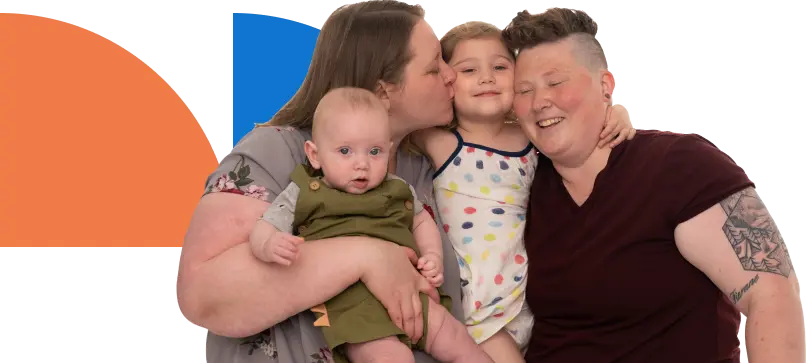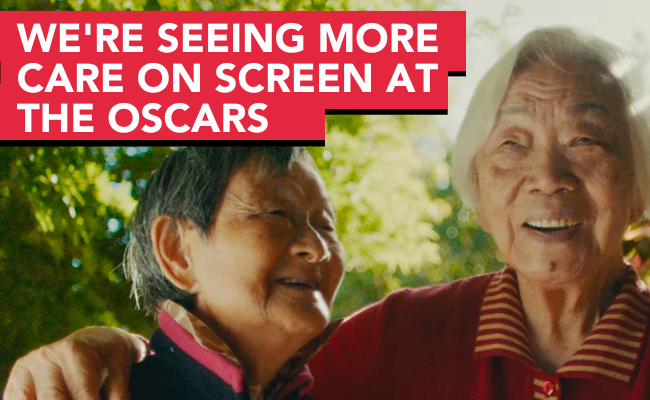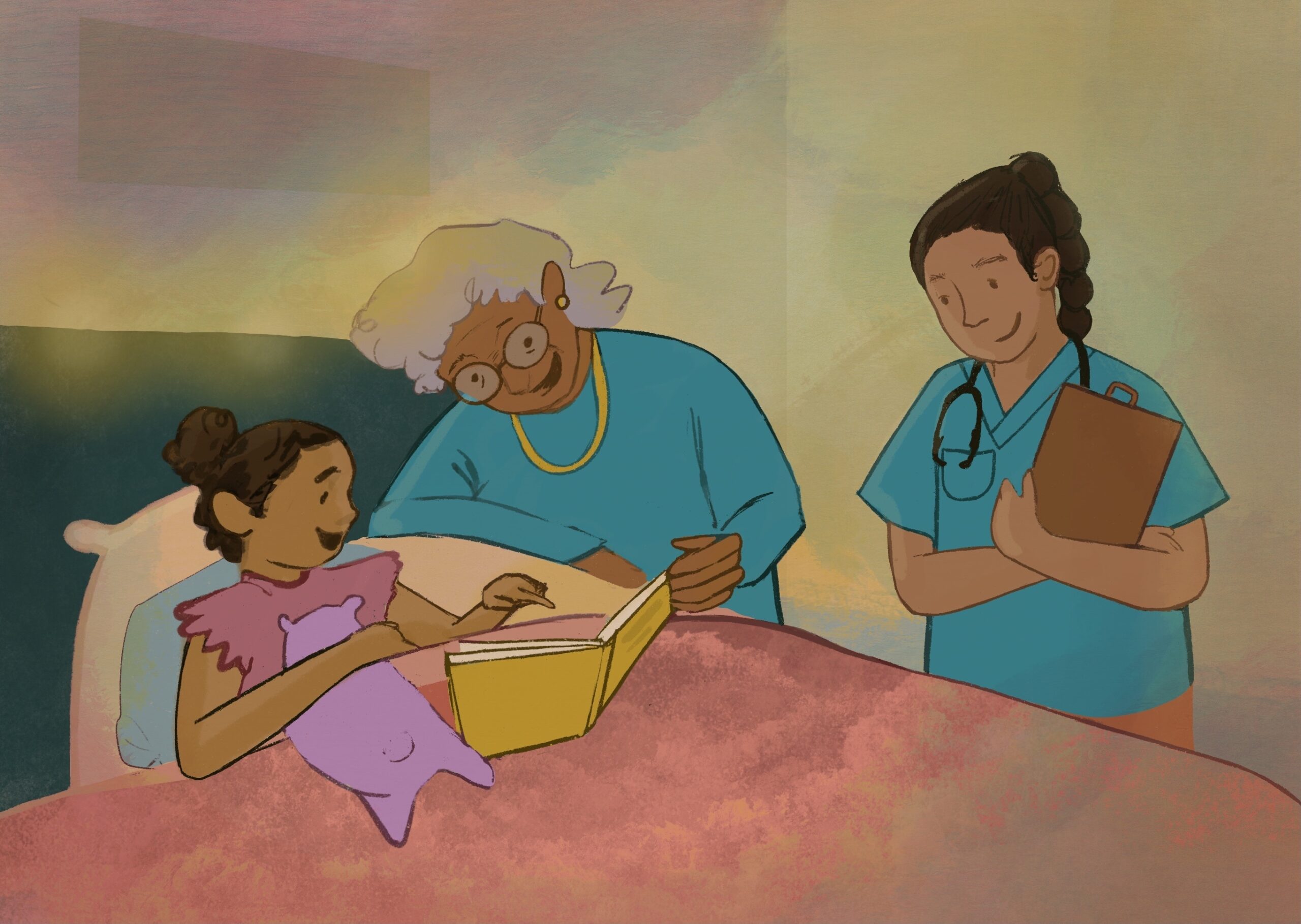
During every Women’s History Month, we hear a lot about “she-roes:” women who hold down full time jobs, make it to all of their kids’ soccer games and music recitals, bake cookies for every bake sale, meet every one of their loved ones’ care needs, are active in their community or faith groups, and make time for luxurious self care routines, all without breaking a sweat or losing a wink of sleep.
But she-roes don’t really exist! And they present an impossible standard that women are constantly asked to live up to – making us feel that if we need help or support, we’re falling behind. The concept of “she-roes” can be especially loaded for women who are caregivers, have disabilities, or are in low-wage jobs. These women are often uplifted as inspiring stories, but when they talk about their real needs – resources to pay for care for aging or disabled loved ones (care that is scarce and even more expensive during the pandemic!), flexible work schedules and paid leave so they can raise their kids and keep their jobs, friends and neighbors who can help out when they need to run to the grocery store or to the doctor – they aren’t acknowledged.
That is especially ironic, in this month in particular, because our society has long failed to acknowledge care for the skilled and demanding work that it is, because it is done primarily by working class women, women of color and immigrant women, behind closed doors. That’s why, this month, we are celebrating Women Leading with Care. Leading is a verb, not a noun, and we think it better represents how changing the way our care systems work requires active consideration, effort, and struggle. We do amazing work AND we need resources and support (and sometimes we just need a break)!
Please join us in celebrating the amazing care leaders in our network:
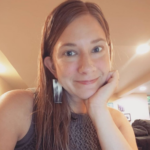
Marilyn English (she/her) is a caregiver for her father who is living with dementia. Marilyn is based in San Diego, CA, and founded and served as executive director of African American Wellness Center for Children & Families, an organization that works to prevent child abuse and end racial and social injustice.
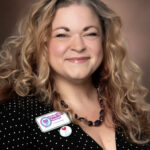
Victoria Chibuogu Nneji (she/her), based in North Carolina, cares for her brother and has been a family caregiver for over 20 years. In 2021, she was recognized as ‘Sibling of the Year’ by the Arc of the Triangle, a chapter of the world’s largest nonprofit advocating for and serving people with intellectual and developmental disabilities. She founded AKALAKA, an information, education, and support organization for people caring for their siblings.
Dr. Bailey Pittenger (she/her), lives in Winston-Salem, NC where she teaches high school English. She is a caregiver to her mother, who is living with early onset dementia. She works with her students to map local resources to create a care-centered community in Winston-Salem as part of the work of the Triad Abolition Project.

Aisha Wells (she/her) is the Paid Leave Organizer for Mothering Justice in Detroit, MI. She is a single mother to her son, Alex, who has multiple disabilities, and has been advocating for him since 2006. She is passionate about helping parents like her advocate for their children and about organizing Mamas of color in the community to understand and advocate for paid leave issues in the workplace. Last year, she spoke to CNN about why Paid Family Leave is essential to any federal relief and recovery package.



